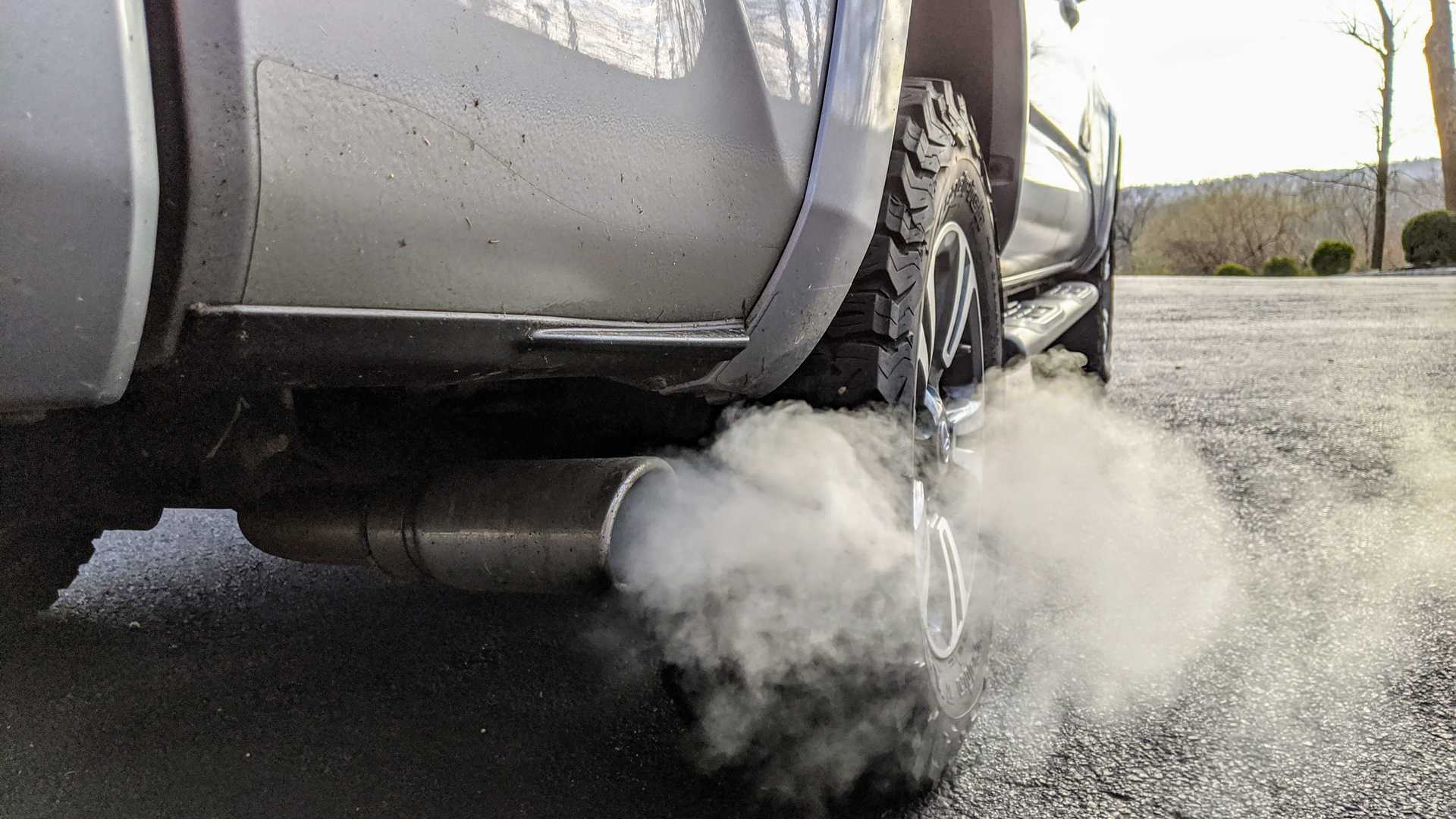I just read this.

 insideevs.com
insideevs.com
It applies the argument that EVs need fossil fuel too in reverse and looks at the electric cost of ICE vehicles.
I did not go to the German article with the calculation. I also find the electric "cost" of the beer and hotdog sales at gas stations as applied to electric usage of ICE vehicles a bit disingenuous, BUT a study of how much electricity ICE vehicles use in production, fuel production, and usage, is fair.
"the author of a recent article in the German magazine Edison has calculated that, for every mile traveled in a legacy vehicle, you’re using about half as much electricity as you would to travel a mile in a pure EV."
This is (see hotdogs) an upper limit, in my view, but it is significant nonetheless, as this electricity usage is ON TOP of the gasoline usage for the mile driven.
Interesting perspective.

Gas Cars Consume Much More Electricity Than People May Realize
Some people fear EVs may eventually crash the electrical grid. There are plenty of details they should know before they let their concerns get the best of them.
It applies the argument that EVs need fossil fuel too in reverse and looks at the electric cost of ICE vehicles.
I did not go to the German article with the calculation. I also find the electric "cost" of the beer and hotdog sales at gas stations as applied to electric usage of ICE vehicles a bit disingenuous, BUT a study of how much electricity ICE vehicles use in production, fuel production, and usage, is fair.
"the author of a recent article in the German magazine Edison has calculated that, for every mile traveled in a legacy vehicle, you’re using about half as much electricity as you would to travel a mile in a pure EV."
This is (see hotdogs) an upper limit, in my view, but it is significant nonetheless, as this electricity usage is ON TOP of the gasoline usage for the mile driven.
Interesting perspective.





